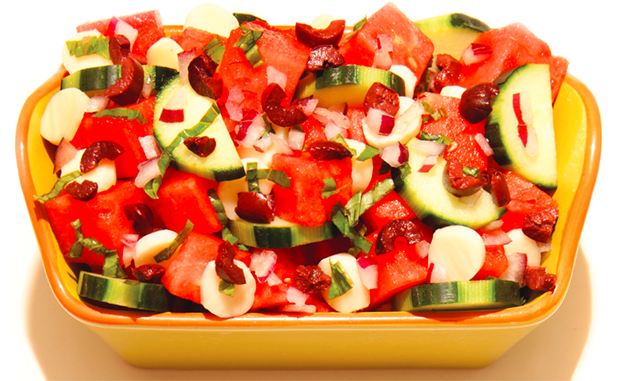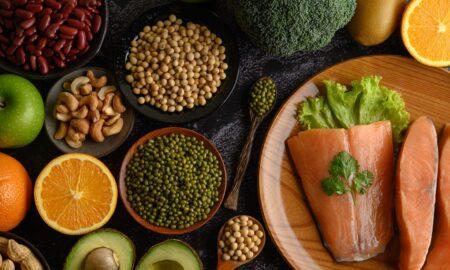The title probably drew you in right? Good, now I have your attention. In the U.S., and according to current recommendations, we should limit our sodium to 2,300 mg per day, while many health organizations, including the American Heart Association, say we should consume even less, around 1,500 mg per day.
Yes, excess sodium/salt does contribute to hypertension and heart disease, but there are many other ways you can be diagnosed with high blood pressure, such as being over weight. So is salt really the enemy? Let’s take a look at the facts.
Can you live without sodium/salt?
Absolutely not. Sodium is essential to our health in many different ways. It’s an electrolyte and essential mineral that helps with efficient nerve impulses, hydration and water regulation within the body, muscular contraction, regulating blood pH, and other bodily functions.
Should I lower my salt intake?
Not so fast. Although studies have shown that excess sodium leads to hypertension, they’ve also found that too low sodium is harmful as well. This would be an easier discussion if all you could find were studies showing increased sodium leads to hypertension, but there are also studies showing that lowering sodium can lead to higher cholesterol levels and triglycerides, and an increase in mortality, meaning you’ll die sooner. There are also studies showing that sodium reduction is associated with greater insulin resistance. Many doctors agree that if you do have high blood pressure, there is no reason to assume that salt is causing the hypertension. Dr. Paul Rosch, clinical professor of medicine and psychiatry at New York Medical College says, “The vast number of people you see with hypertension have no specific, obvious cause for it.”
How much sodium should I have per day?
That’s not entirely clear. If you’re African American, over the age of 51, already have hypertension, diabetes, or have chronic kidney disease, you are more responsive to the blood pressure-raising effects of sodium than others. However, if you’re a healthy, active individual, there are no studies showing that a higher intake of sodium leads to health impairments. In fact, there are studies showing that even an intake as high as 4,500 mg per day shows no adverse side effects in healthy people.
Here are some tips on how to take control of sodium/salt in your diet:
- Get rid of the processed food.
- Data shows that 75-80 percent of sodium in the average American’s diet comes from processed foods, while only 5 percent comes from home cooking. Toss out the junk.
- If you’re going to use salt, stick to Celtic Salt or Pink Himalayan Sea Salt.
- The powdery, white table salt most people use is extremely processed and is over 95% sodium chloride. The higher quality salts contain 15 percent trace minerals such as magnesium, calcium, potassium, and bromide, which have been proven to raise trace mineral levels in the body.
- Get enough potassium in your diet.
- We don’t eat enough high-potassium vegetables and fruits every day; yet, we eat a ton of sodium. Our bodies are not meant to handle the tremendous amount of salt we eat; therefore, our sodium-to-potassium ratio is completely out of whack. Potassium helps to balance the sodium in your diet and works with sodium to regulate blood pressure. There’s been a recent study that found consuming twice the amount of potassium, compared to sodium, can cut your risk of fatality from heart disease in half.
- Stay hydrated.
- This is highly important for athletes, especially those who are low-carb advocates. Sweat contains a high amount of sodium, which is why it tastes salty. Sweat too much and you’ll run low on sodium. This forces your body to shrink the blood volume to keep serum sodium levels in check. If you shrink your circulating volume too much, you’ll pass out. Being low-carb, your kidneys change the way they handle salt, so instead of retaining water and sodium (when on a moderate/high carb intake), your kidneys now discard them more rapidly. Always replenish your water and sodium intake before, during, and after exercising.
Train hard, train smart.
References:
http://www.menshealth.com/health/truth-about-salt
http://greatist.com/health/truth-about-salt-experts-weigh
https://experiencelife.com/article/shaking-out-the-truth-about-salt/
http://dailyburn.com/life/health/truth-about-salt-sodium-intake/






















You must be logged in to post a comment Login